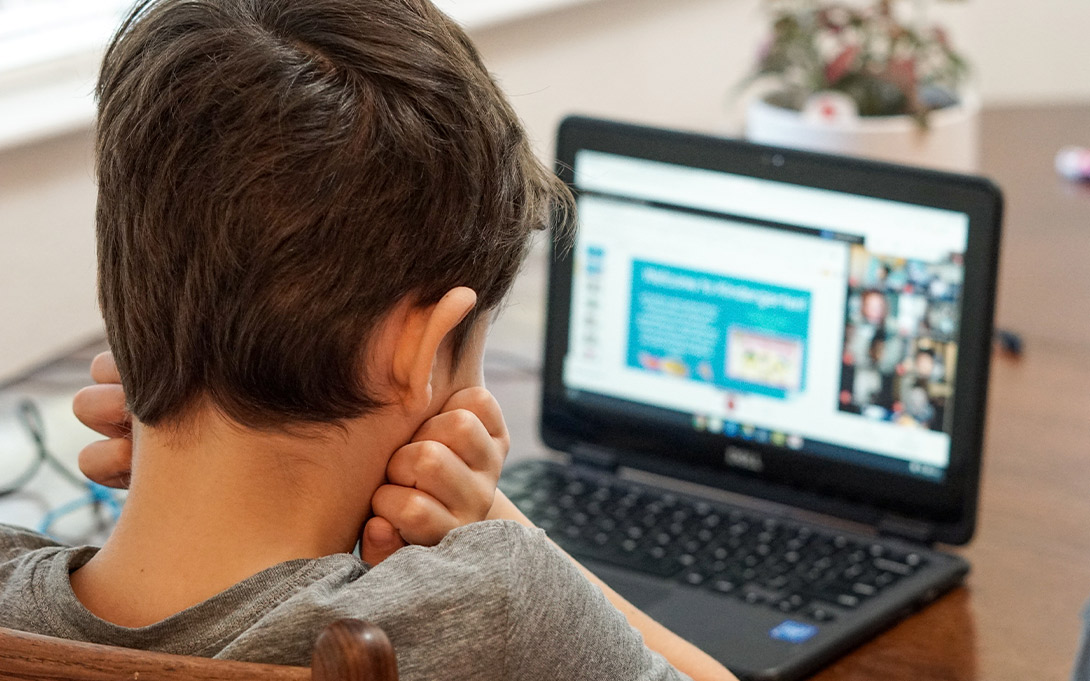
The University of Michigan’s Youth Policy Lab (YPL) and TRAILS (Transforming Research into Action to Improve the Lives of Students) have been awarded a $3.8 million grant by the U.S. Department of Education Institute of Education Sciences (IES). The grant will support implementation and evaluation of TRAILS early intervention programming, which provides coping skills to students experiencing common mental health concerns, as it is rolled out in the Detroit Public Schools Community District (DPSCD).
Nearly half of adolescents in the United States will experience symptoms of a mental illness. One in five will experience severe impairment as a result of their illness. Evidence-based practices (EBPs) can improve clinical symptoms of common mental illnesses, yet the majority of adolescents with a diagnosable disorder never access any treatment.
School-based delivery of EBPs offers a promising solution for improving treatment access and equity. The TRAILS approach provides services for students where they are, utilizing school mental health professionals (SMHPs, e.g., social workers, counselors, psychologists) with whom students are comfortable. By providing SMHPs with training and support, TRAILS enables them to offer evidence-based mental health services to students in the school setting, thus reducing barriers to accessing care.
As a result of the amplified need for such services, TRAILS has been expanding rapidly. TRAILS programming has now been delivered in more than 700 schools across three states, including a subset of schools in 50 of Michigan’s 56 intermediate school districts. This number is expected to grow exponentially over the next several years as a result of an additional $50 million in funding from the State of Michigan.
TRAILS programs span three tiers of service
- Tier 1: Universal education and awareness for all students
- Tier 2: Early intervention for students with common mental health concerns
- Tier 3: Crisis intervention for students experiencing suicidality
The multi-year IES study will evaluate TRAILS Tier 2 programming, which promotes student utilization of cognitive behavioral therapy (CBT) and mindfulness skills to reduce symptoms of common mental health concerns.
"We hope that our evaluation can determine what is working and what can be improved, so that we can maximize the benefit for Detroit public school students," said Robin Jacob, faculty co-director of YPL.
The project, which will involve 75 schools, begins this fall and will continue through the 2025-26 school year.
The University of Michigan Youth Policy Lab helps community and government agencies make better decisions by measuring what really works.
TRAILS (Transforming Research into Action to Improve the Lives of Students) is a mental health training program that helps schools implement evidence-based mental health practices to promote resiliency and build self-regulation skills in all students and coping strategies for students impacted by common mental health concerns. TRAILS is a project of Tides Center.
Detroit Public Schools Community District (DPSCD) is Michigan’s largest public education system with a mission of providing every student with a beneficial and rightful educational experience, preparing students to be career and college ready, and qualified to compete in the global market.
The Institute of Education Sciences (IES) is an independent and non-partisan institution with a core mission of providing scientific evidence on which to ground education practice and policy and sharing this information in formats that are useful and accessible to educators, parents, policymakers, researchers, and the public.
